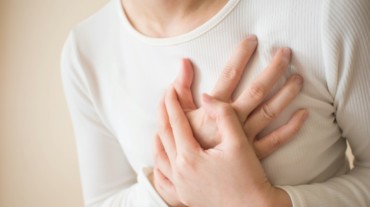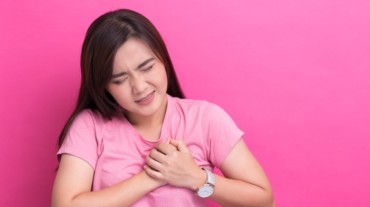
People often think that a heart attack is the same thing as a cardiac arrest. However, there are differences you must know about. It is first vital to comprehend what occurs in both of these processes in order to distinguish between a heart attack and a cardiac arrest.
One can get a heart attack when the blocked artery prevents oxygen-rich blood from reaching the various parts of the heart. If the blocked artery fails to reopen, then the part of the heart that is usually nourished by that artery tends to die. The longer a person goes without treatment, the greater the damage will be.
Symptoms of heart attack: If a person is having a heart attack, he or she will experience symptoms that are intense and immediate. You may experience chest pain, left arm pain, fatigue, dizziness, cold sweat, indigestion, nausea, discomfort, shortness of breath, or shoulder discomfort etc. Sometimes, the symptoms of heart attack start slowly and persist for hours, days, or weeks before the heart attack strikes in. You should be able to identify these symptoms and seek medical help.

One can get cardiac arrest, also known as sudden cardiac arrest (SCA). It can be seen owing to the electrical malfunction in the heart as a result of irregular heartbeat (known as arrhythmia). When the heart’s pumping action gets disrupted, the heart is unable to pump enough blood to other parts of the body like the lungs and even the brain. One can even lose life due to a sudden cardiac arrest if he/she doesn’t get treatment on time. So, timely intervention is key in case of sudden cardiac arrest as the heart tends to beat faster.
Also, read: World Heart Day: Can a heart attack seem like flu?
Sudden cardiac arrest is often seen after a heart attack. Also, heart attacks increase the risk for sudden cardiac arrest and are the cause behind it.
The other causes of sudden cardiac arrest have been detected with coronary artery disease, congenital heart conditions, and extreme physical activities. Other risk factors for a sudden cardiac arrest are family history, heart failure, diabetes, drug abuse, and fluctuation in blood levels of potassium and magnesium or even a prior episode of sudden cardiac arrest. So, do not ignore the symptoms of heart disease, or obesity and seek treatment without any delay.
Also, read: World Heart Day: 10 warning signs that could indicate deteriorating heart health
Remember that both, a heart attack and sudden cardiac arrest are equally dangerous and need prompt medical attention. These are emergency conditions therefore you must try to reach a nearby hospital for your best chance of survival.

The symptoms of a sudden cardiac arrest can be fainting, racing heartbeat, chest pain, collapsing suddenly, light-headedness, chest pain, dizziness, fainting, and feeling like throwing up. Moreover, there will be no pulse and breathing difficulties. The person will feel extremely weak. It is imperative to consult the doctor when there is wheezing, heart palpitations, and overall discomfort.
Select Topics of your interest and let us customize your feed.
PERSONALISE NOWIn case of a sudden cardiac arrest, call the doctor on an immediate basis. Call for an ambulance. If the person has become unconscious give him/her Cardio-Pulmonary Resuscitation (CPR) as it can be life-saving. It will help to keep blood and oxygen circulating until medical help arrives. Then, your doctor will decide on the further line of treatment.